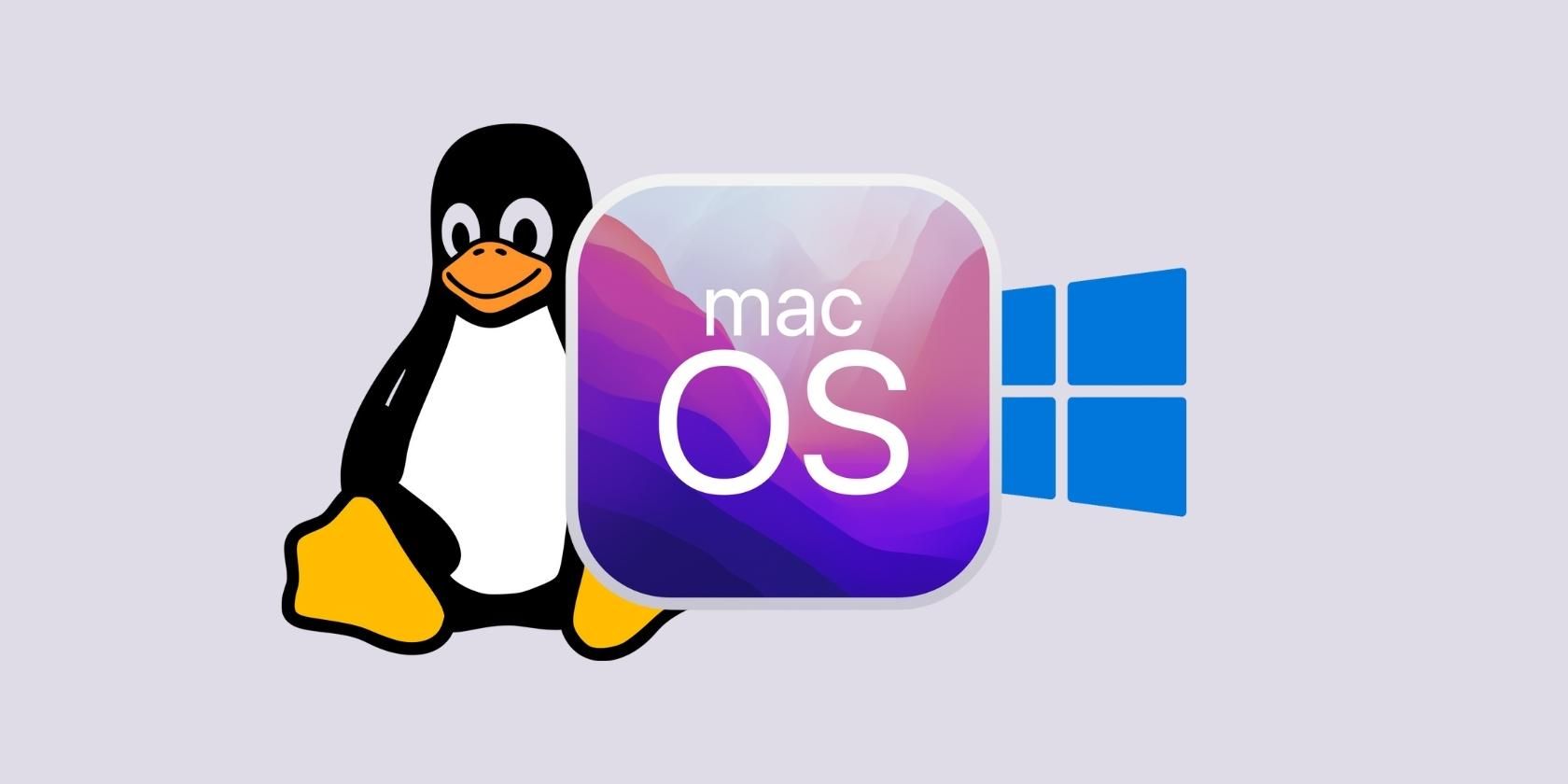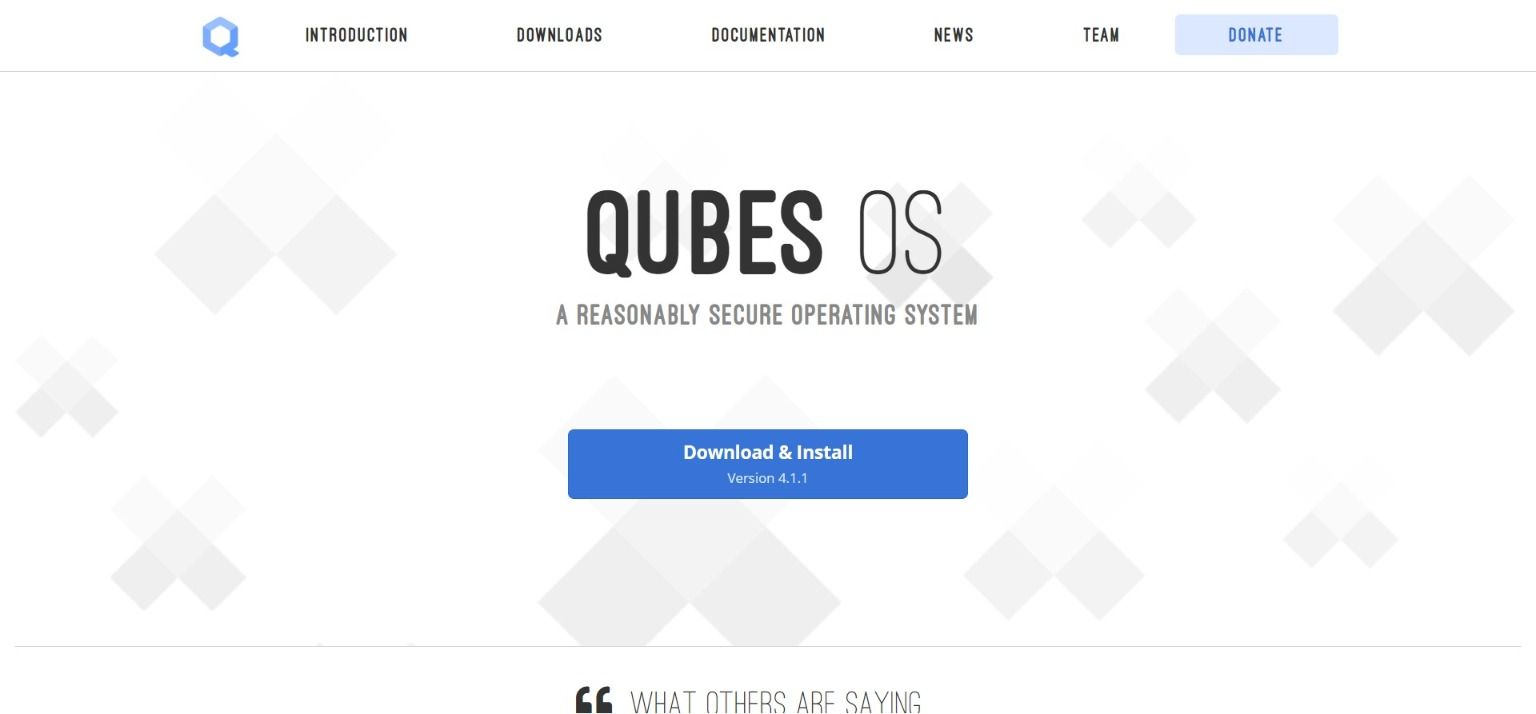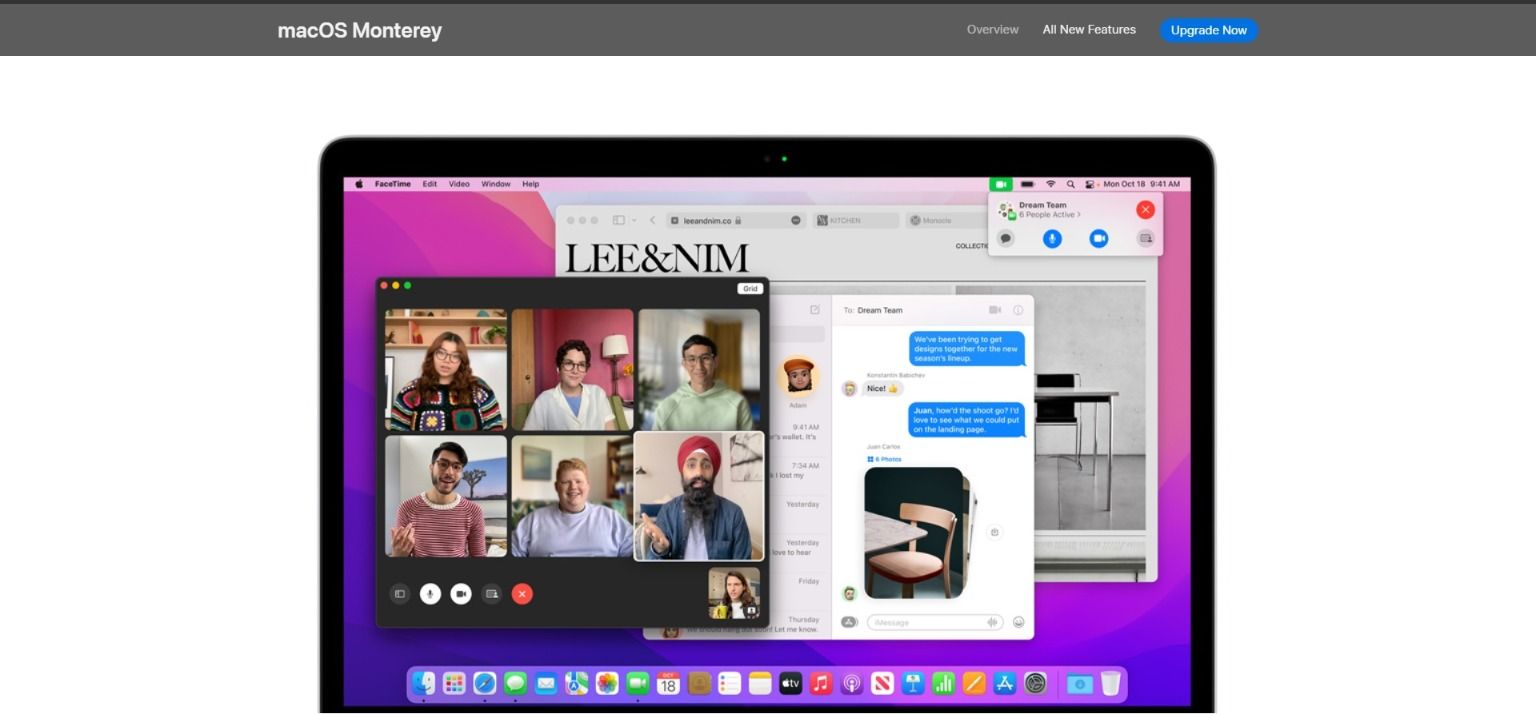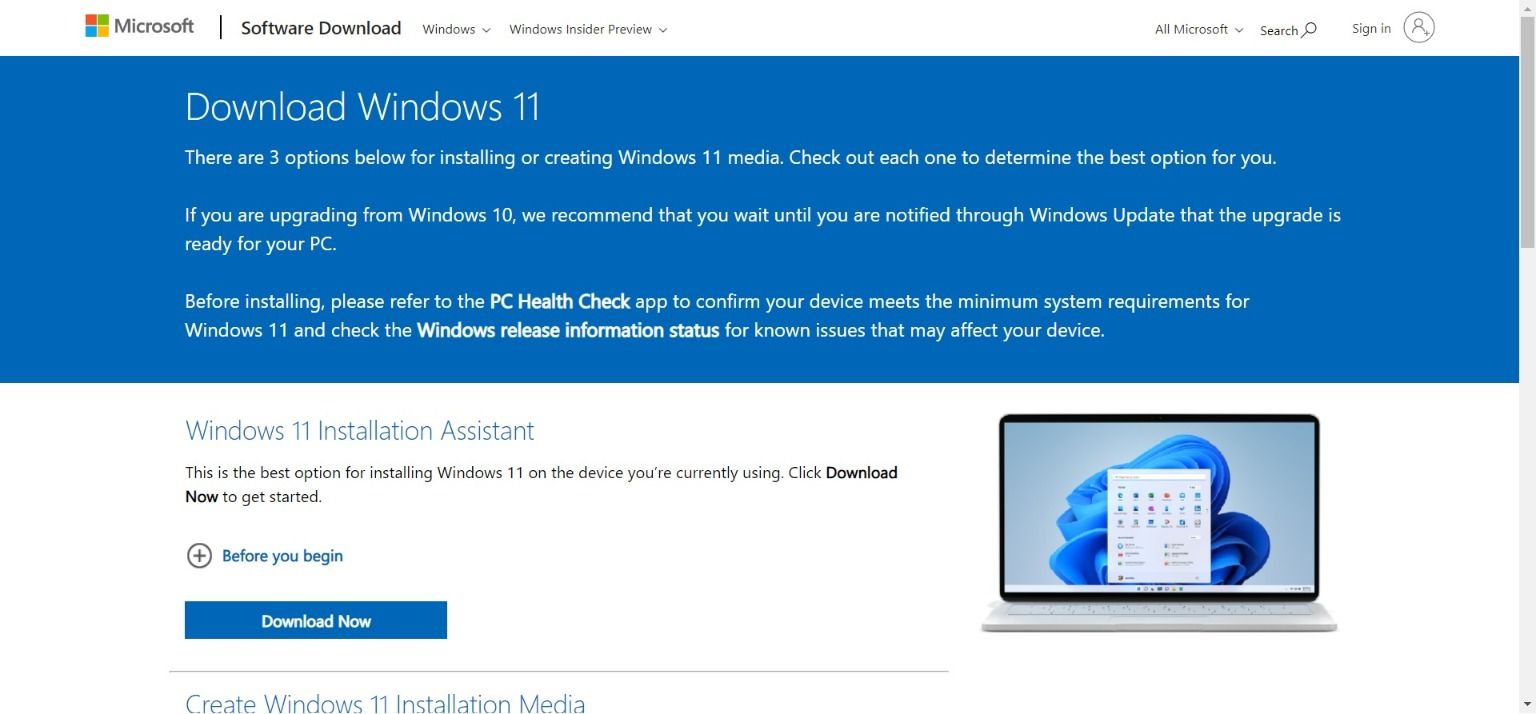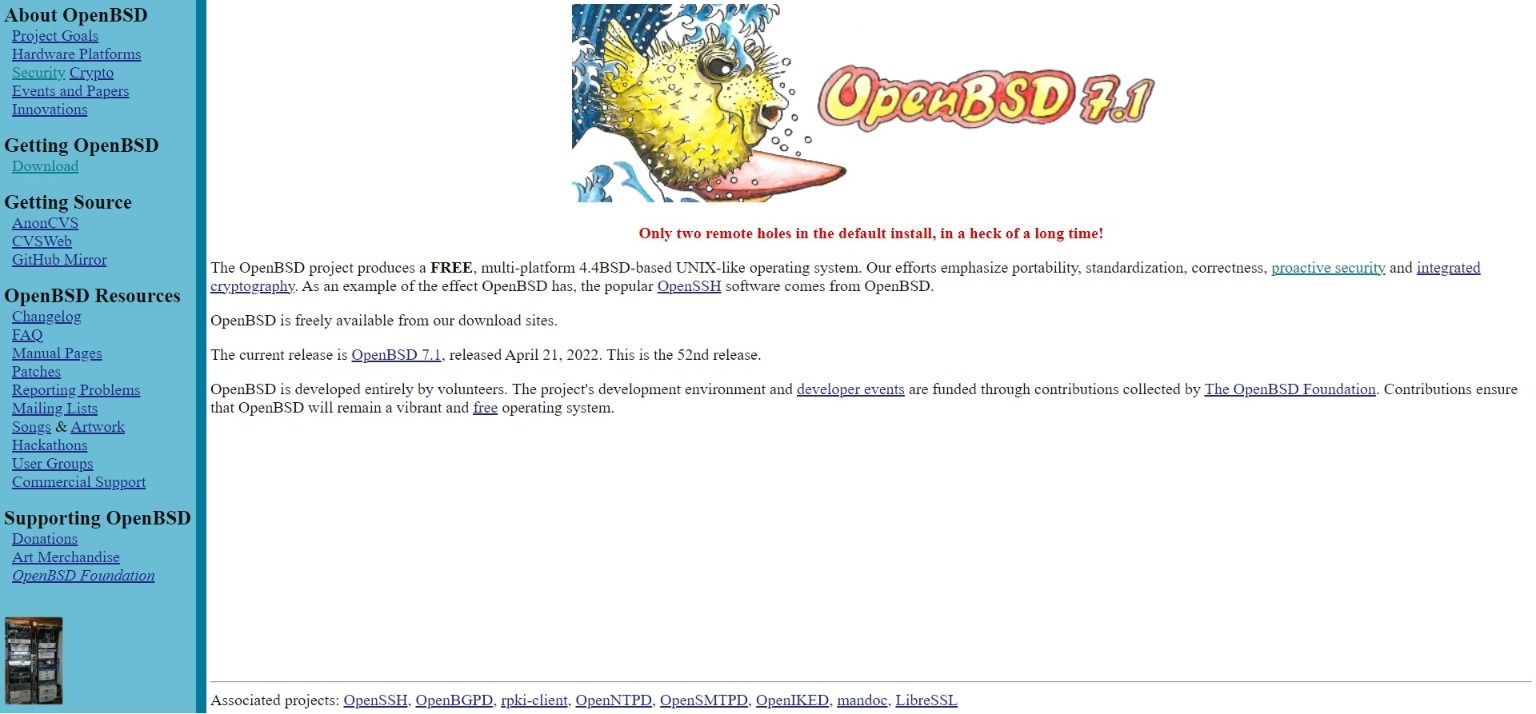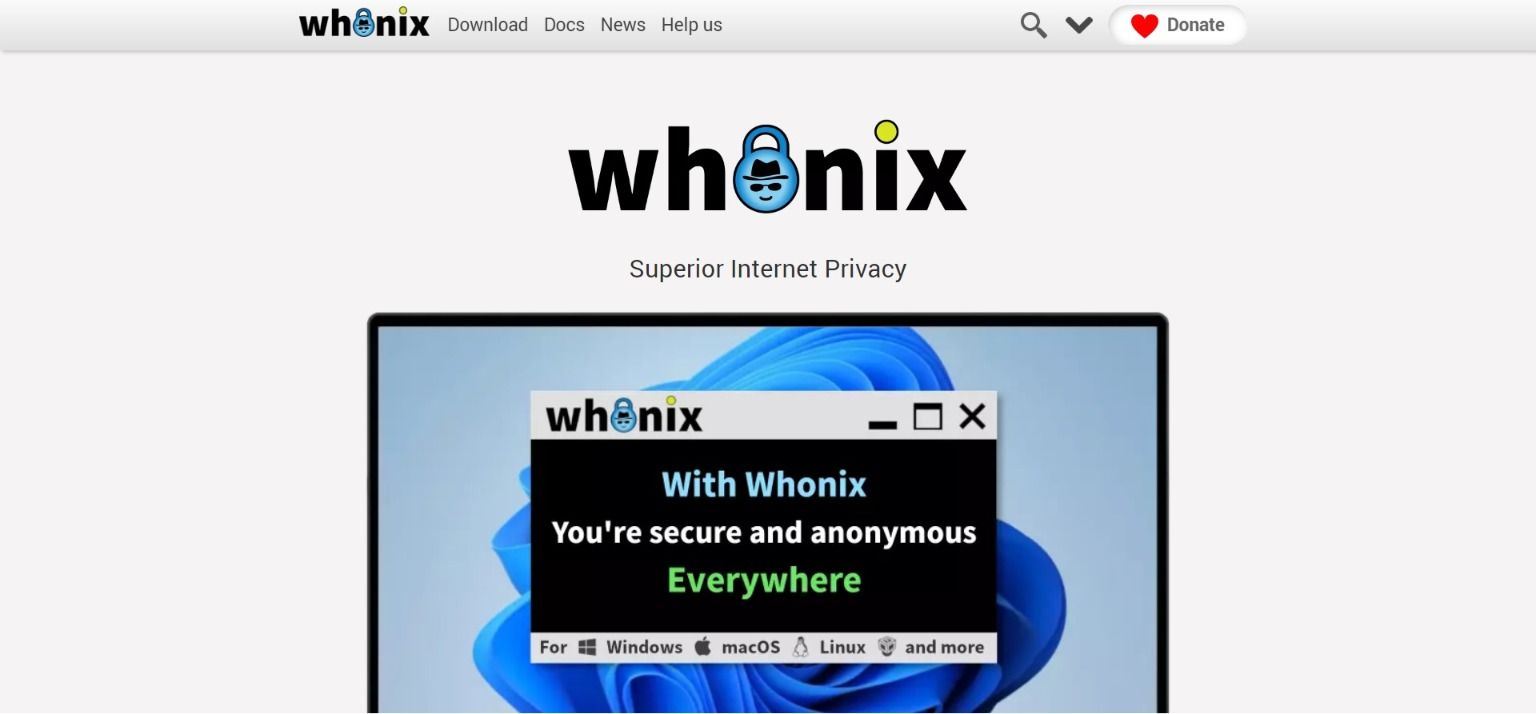Operating systems are something many computer users take at face value, but the security measures in place are always working to keep your device safe.
Choosing the right Operating System (OS) is essential to staying safe online, but no OS is impossible to crack. Hackers can infiltrate systems and target users with malware to spy on them, steal their personal information, or even disable their OS.
There are many operating systems aimed at keeping your firmware and computer programs safe. Here are some of the most secure operating systems available right now.
1. Qubes OS
Qubes OS is an open-source, privacy-focused Linux distro that aims to provide security by isolation. The OS works on the principle of Security by Compartmentalization, isolating user files to protect them from malware.
The OS uses Xen-based virtualization to categorize programs into isolated virtual machines (Xen domains) called qubes. It's in these Xen domains where applications are run.
The isolation principle allows Qube OS to create several qubes in which application instances are assigned. Qubes OS runs each application in a separate qube, and an individual instance of an application is restricted within its own qube.
Compartmentalization ensures that an infected app or malicious code can't infect other apps and programs or crash the host operating system.
Qubes OS provides a secure environment for using other OSes, including Fedora, Whonix, Debian, and Windows.
2. macOS Monterey
Privacy and security have long been core values for Apple, and macOS devices have received several improvements, all thanks to macOS Monterey, the latest macOS version.
With macOS Monterey, Apple chose to beef up Mail's privacy protections. Mail Privacy Protection hides users' IP addresses; this means that senders can't use it to pinpoint your location or associate it with your other online activities. This feature also prevents email senders from being able to tell if and when you've read their email.
Also, starting in Monterey, you'll see an orange notification in the menu bar whenever an app has access to your microphone.
There are also a few important changes in Safari on Monterey that helps macOS users stay safer online. One of those is the ability to automatically upgrade HTTP addresses to their HTTPS equivalents. This option is enabled by default.
The new web browser also improves on the already-polished Intelligent Tracking Prevention feature. The privacy feature helps make it impossible for web trackers to see your IP address and thus unable to track you across the internet.
3. Windows 11
Microsoft claims Windows 11 is the most secure Windows ever. However, the Windows OS security enhancements require new specs and system requirements. So, to take full advantage of its security enhancements, your Windows PC must have TPM 2.0. It should also support Secure Boot to prevent malware from attacking the boot process.
Your PC uses the TPM 2.0 chip to store encryption keys and support other security features, including BitLocker for data protection and Windows Hello for identity protection.
It's not just your security systems that use a TPM. Programs like Firefox, Chrome, and Outlook use it for certain encryption tasks.
The OS also needs at least 4GB of memory, 64GB of storage, and 1 GHz with two cores on a compatible 64-bit processor.
Windows 11 comes with its own antivirus software, Microsoft Defender Antivirus. The antivirus used to be considered awful due to its inability to detect malware. However, in the last few years, Microsoft has made welcome changes that improved Defender, and now it's one of the best free antivirus programs. The antivirus can detect, block, and neutralize malware and ranks better than some paid competition.
The OS also includes Microsoft Defender SmartScreen, a service that Microsoft Edge uses to keep you safe while surfing the internet. SmartScreen checks the websites you visit against a list of known malicious sites. If it finds a matching site, it blocks it.
4. OpenBSD
OpenBSD is a Unix-like operating system based on the Berkeley Software Distribution (BSD). The free and open-source OS was founded by a team of volunteers.
OpenBSD runs on multi-platform 4.4 BSD, a Unix-based OS renowned for its robust security features. The OS has its security enhancements enabled by default to minimize the chances of running into security issues.
Naturally, OpenBSD aims to be the most secure OS available, and its developers strive to proactively patch security vulnerabilities. The OS is also intentionally and continuously audited, and any bugs and security issues found are fixed.
The OS features OpenSSH, a suite of networking utilities that provide secure communications between two untrusted hosts over an insecure network.
OpenBSD prides itself on its full-disclosure policy. This enables its developers to be completely transparent with any security vulnerabilities they find when they occur.
5. Whonix
Whonix is a free, open-source operating system designed for advanced security and privacy. The OS focuses on securing and anonymizing your activities online.
The Debian-based Linux distribution uses the Tor network to hide and protect users' IP and location. Even malware with root privileges cannot find your real IP address. The OS routes all internet connections through the Tor network. Traffic that can't be routed through the network is disabled and blocked.
Whonix provides a horde of anti-tracking protection technologies, including Boot Clock Randomization and secure network time synchronization through sdwdate (Secure Distributed Web Date).
Whonix consists of two virtual machines: the Workstation, and the Gateway. The former runs user applications on a completely isolated network, while the latter runs Tor processes and acts as a gateway.
Whonix also features Tor Messenger, encrypted email, secure data transfer, and other software programs. Plus, it's available for macOS, Windows, and most Linux distributions, and comes pre-installed on Qubes.
Which Operating System Is the Most Secure?
Almost all OSes are designed with security as a requirement, but there can't be a truly secure operating system. Something malicious can always happen, no matter how secure you think your favorite OS is.
All operating systems, including macOS, Windows, and BSD, can be hacked. Besides, news of increased computer hijacking in which consumer data has been stolen or misused has been making headlines for quite some time.
A reasonably secure operating system can help keep your activity and personal information safe. Learning about cyber threats and how to secure your PC also helps.

